The new Department of Labor rule is expected to require employers to pay H-1B visa holders a minimum salary of $250,000, up from the current minimum of $60,000. This increase would be in addition to a 100,000 fee on many H-1B visa holders, as announced in the White House proclamation. The proposed rule is likely to have a significant impact on the tech industry, which relies heavily on H-1B visa holders to fill skilled positions.
"This rule would be a disaster for the tech industry," said Stuart Anderson, a senior contributor to Forbes and an expert on immigration. "Many employers would not be able to afford to pay the increased salaries, and it would lead to a shortage of skilled workers in the industry."
The proposed rule is also expected to have a negative impact on the U.S. economy, as it would reduce the number of skilled workers available to fill positions in high-growth industries such as technology and healthcare. According to a report by the National Foundation for American Policy, the H-1B visa program has a net positive impact on the U.S. economy, creating jobs and stimulating economic growth.
The Trump administration has argued that the proposed rule is necessary to protect American workers and ensure that H-1B visa holders are paid a fair wage. However, many experts argue that the rule would have the opposite effect, leading to a shortage of skilled workers and increased costs for employers.
The proposed rule is expected to be published in the coming weeks, and it will be subject to a public comment period before it is finalized. The rule is likely to face opposition from the tech industry and other stakeholders, who argue that it would have a negative impact on the U.S. economy and the tech industry.
In the meantime, employers are bracing for the potential impact of the proposed rule. "We are concerned about the potential impact of the rule on our ability to hire skilled workers," said a spokesperson for a major tech company. "We hope that the administration will reconsider the proposal and find a more balanced solution that takes into account the needs of both employers and employees."
The proposed rule is the latest development in a long-standing debate over the H-1B visa program, which has been criticized by some for allowing companies to hire foreign workers at lower wages. However, many experts argue that the program is necessary to fill skilled positions in high-growth industries and to stimulate economic growth.
The Trump administration's proposal is expected to be a major test of the administration's commitment to immigration reform, and it will likely face opposition from both sides of the aisle. As the debate over the proposed rule continues, one thing is clear: the future of the H-1B visa program and the tech industry hangs in the balance.
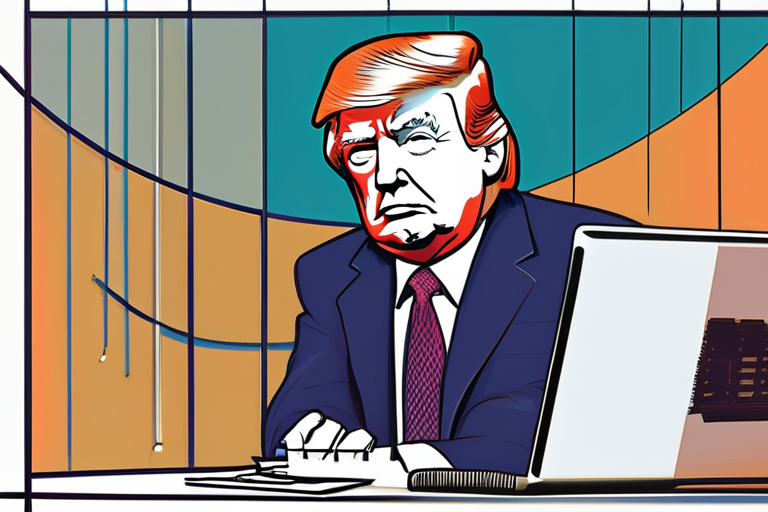



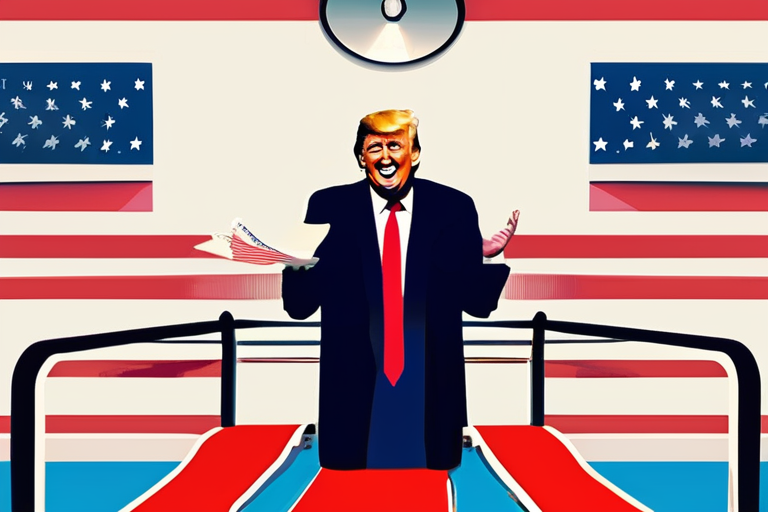
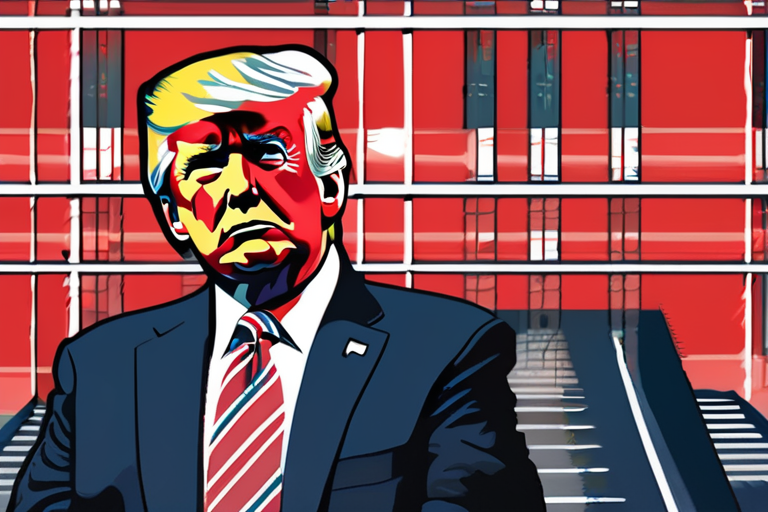
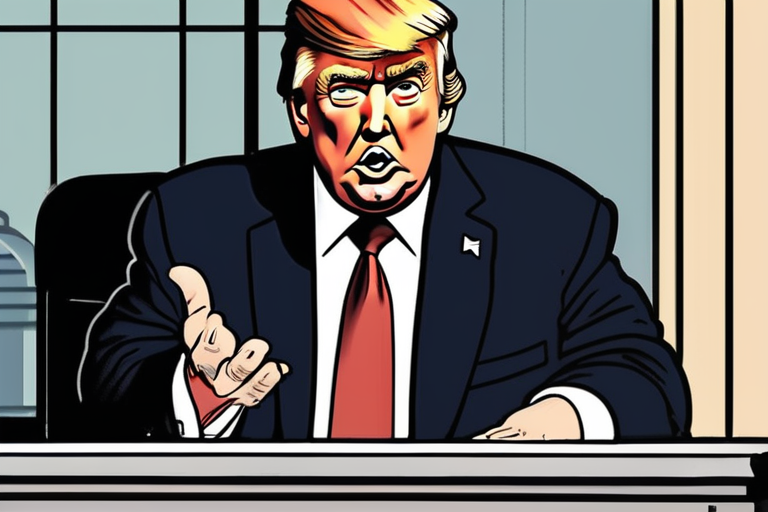
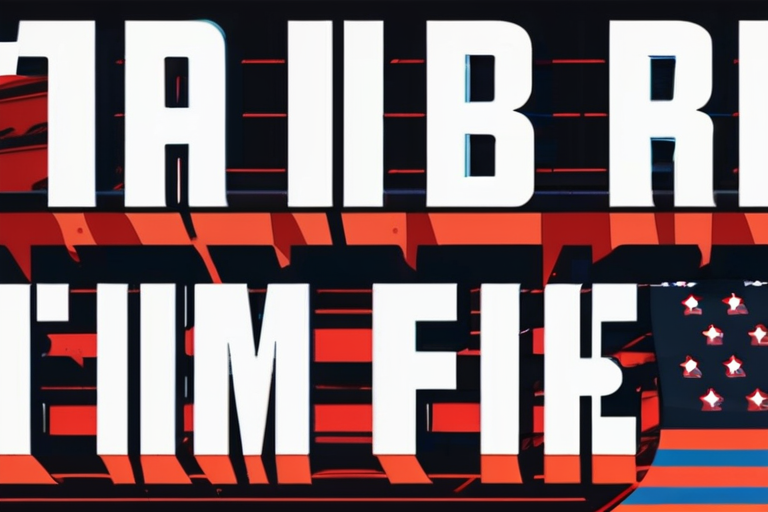
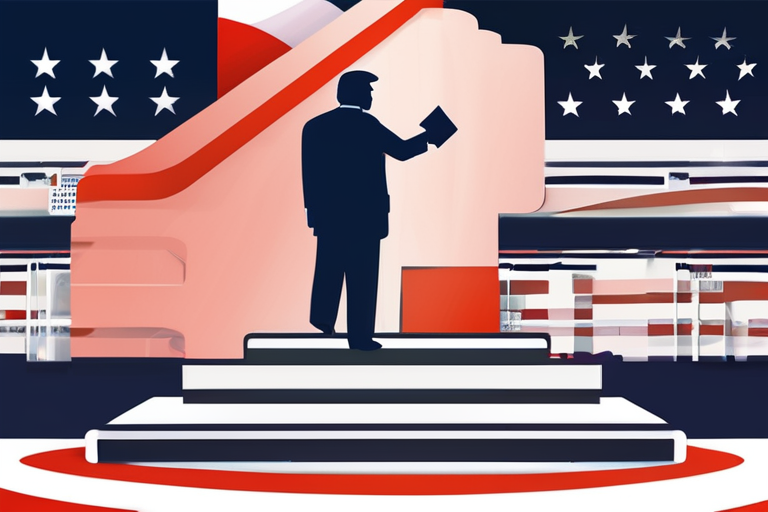
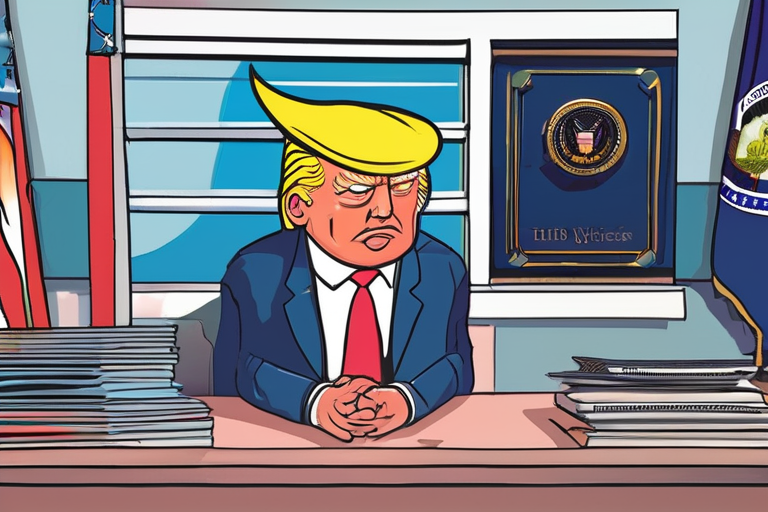
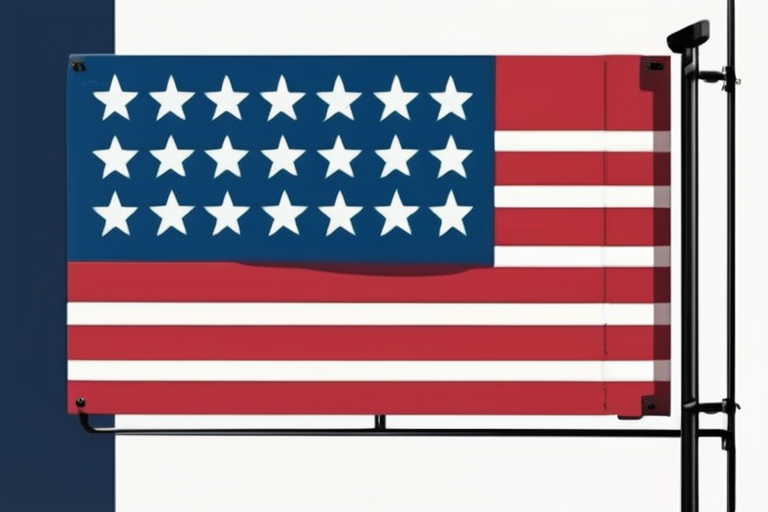

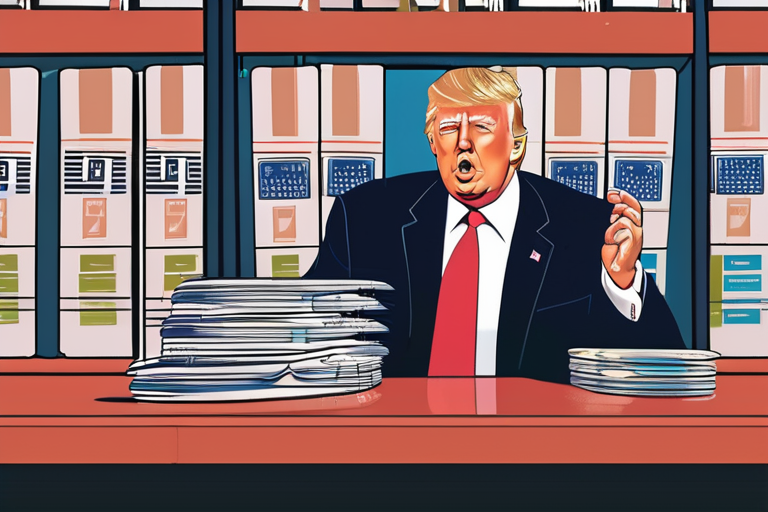
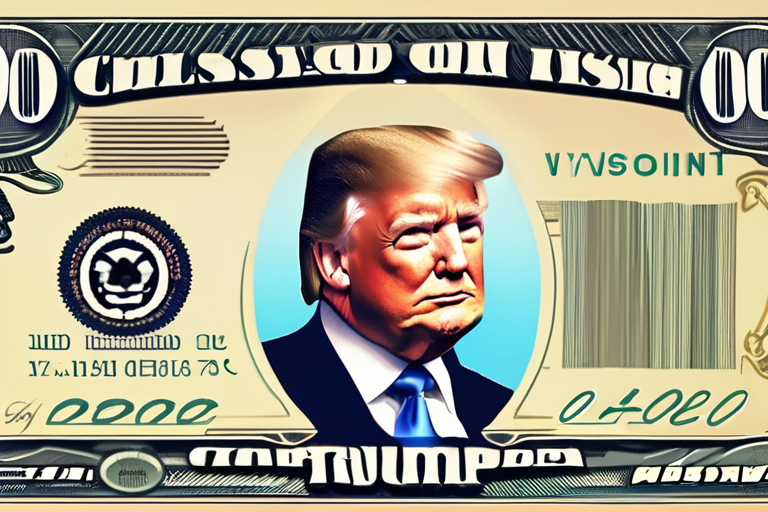
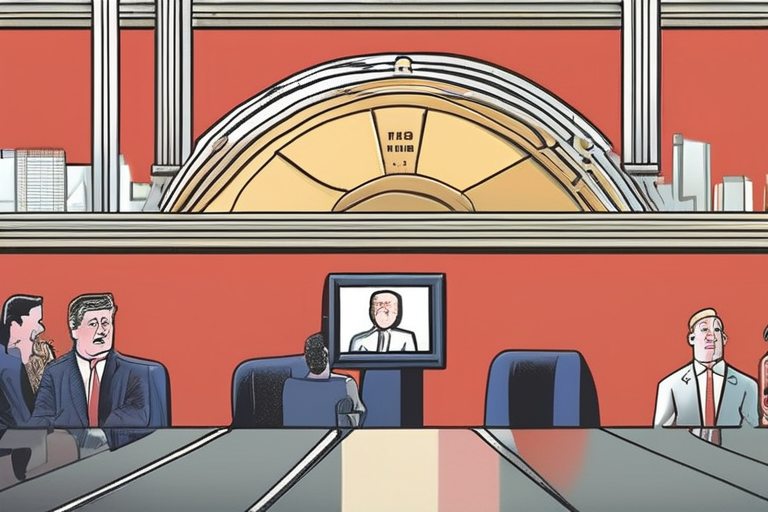
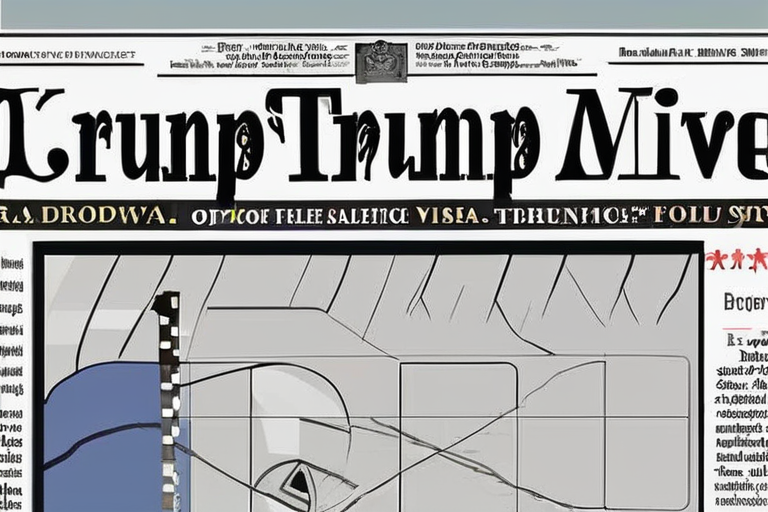
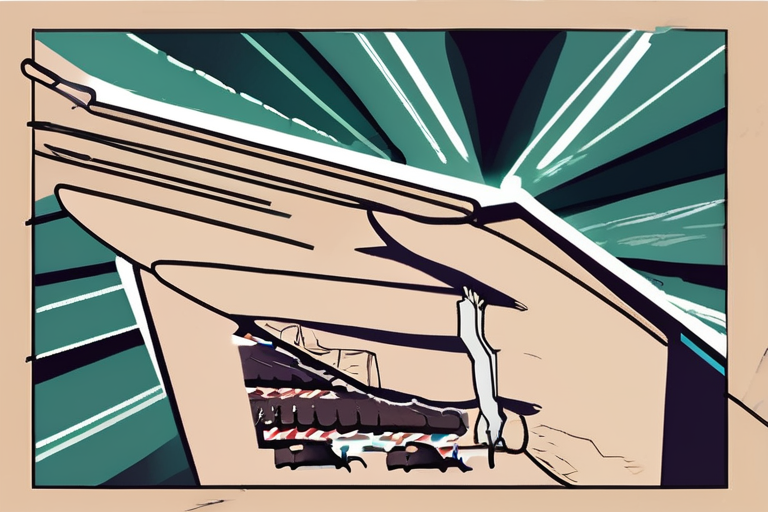

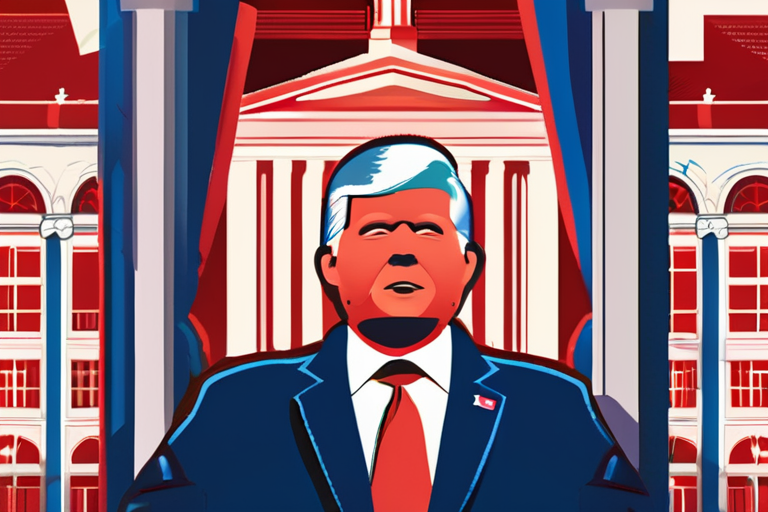
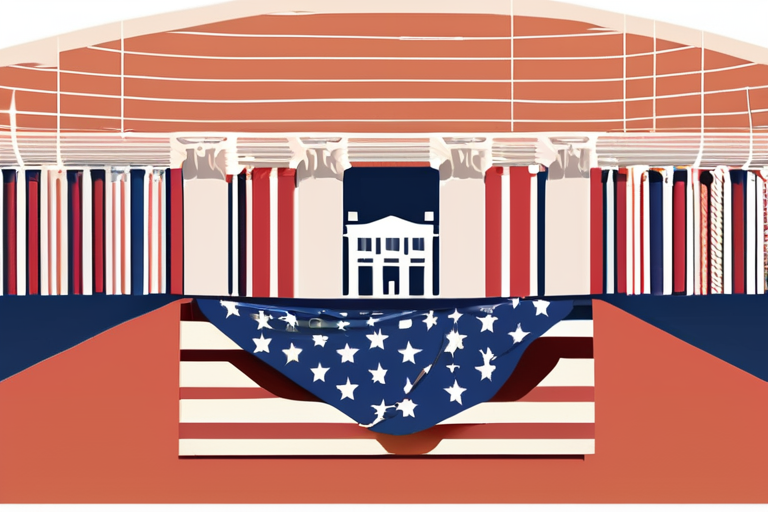
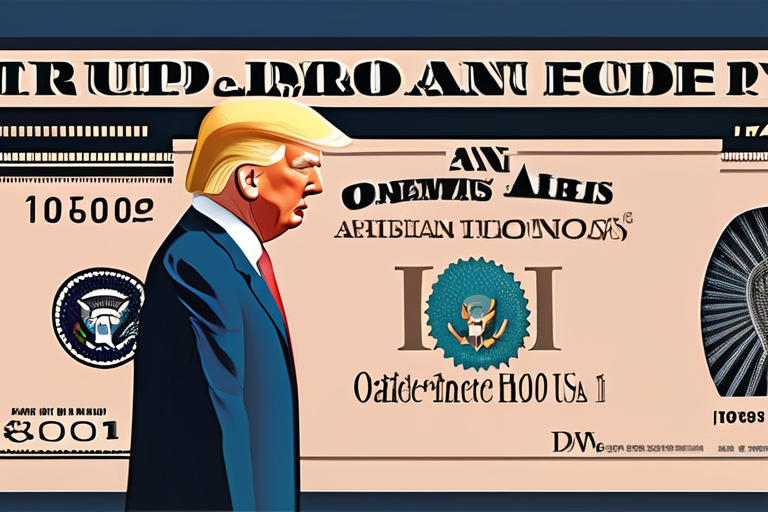

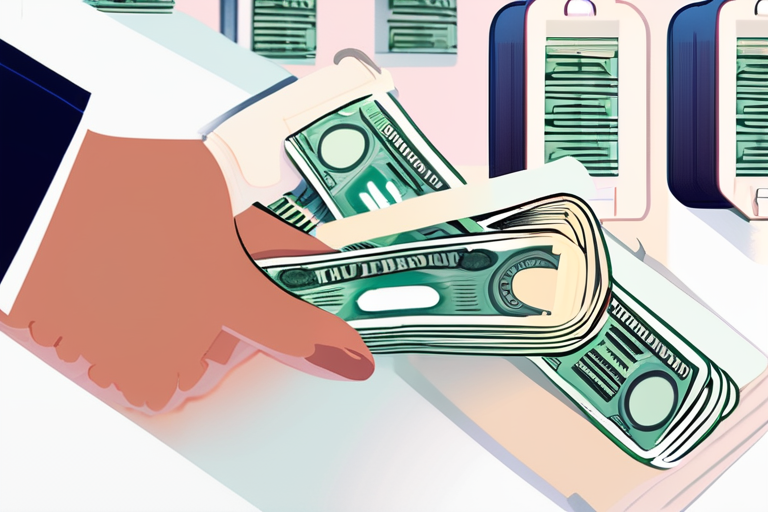
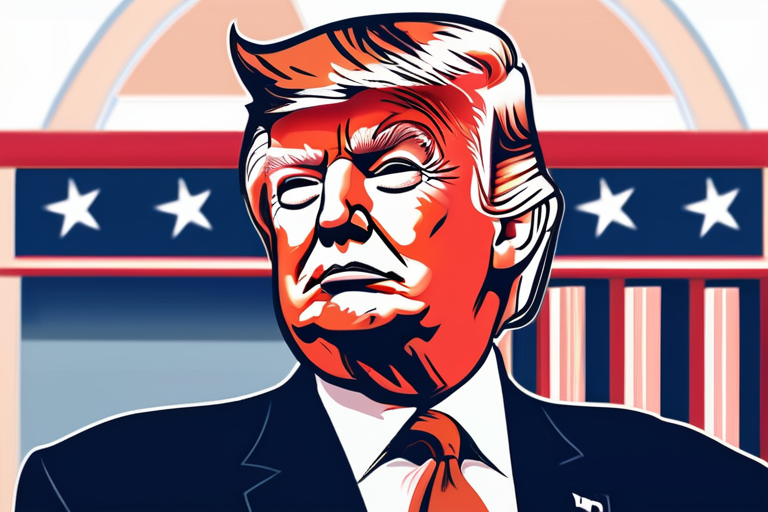
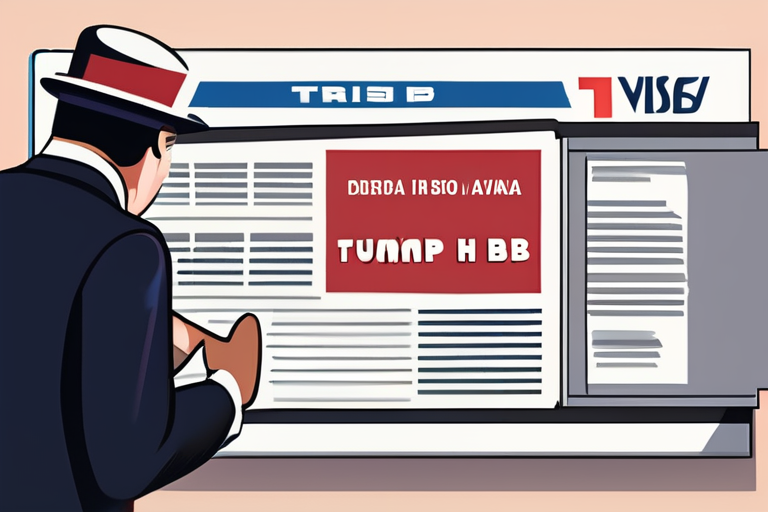
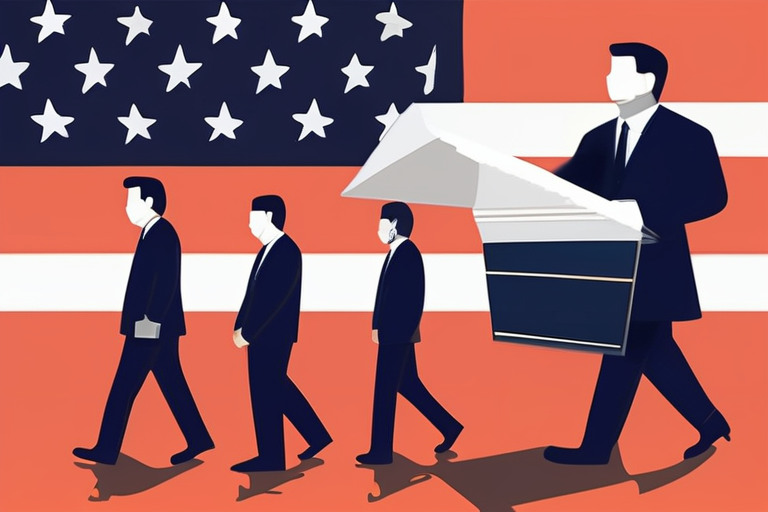
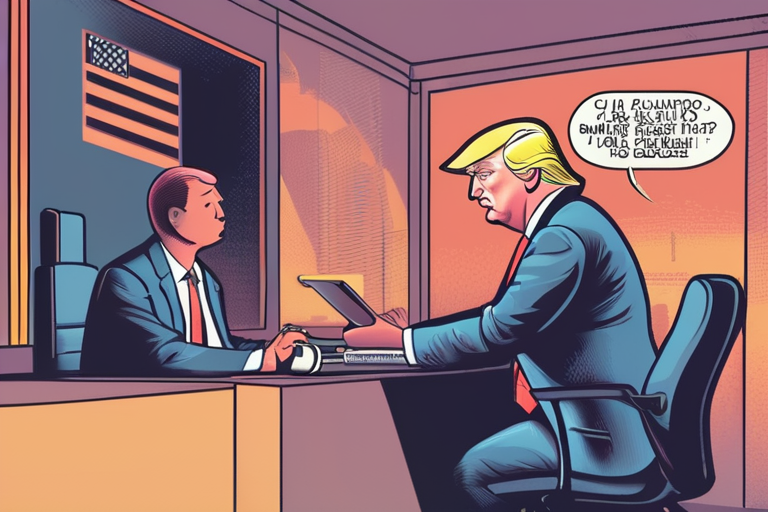
Share & Engage Share
Share this article